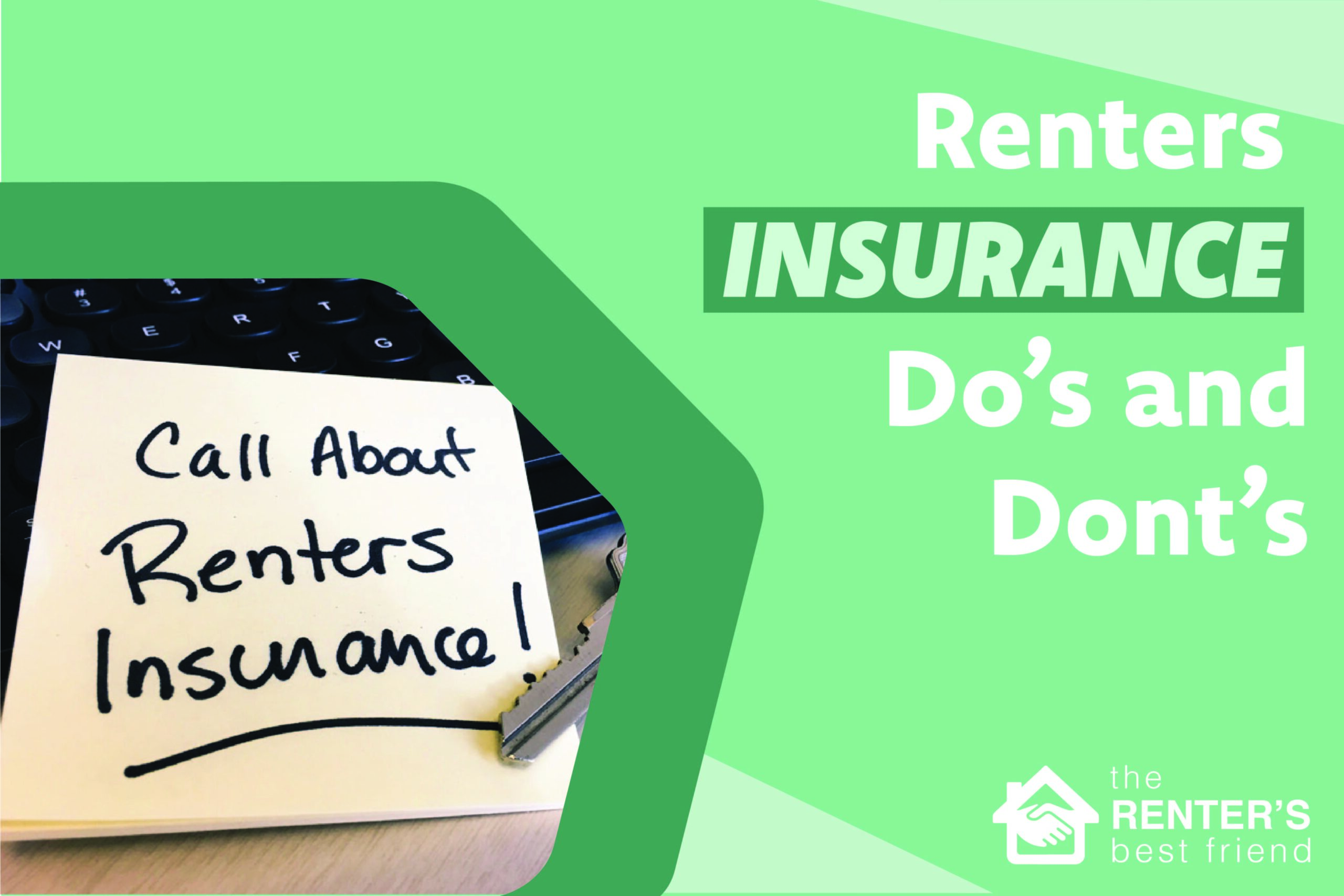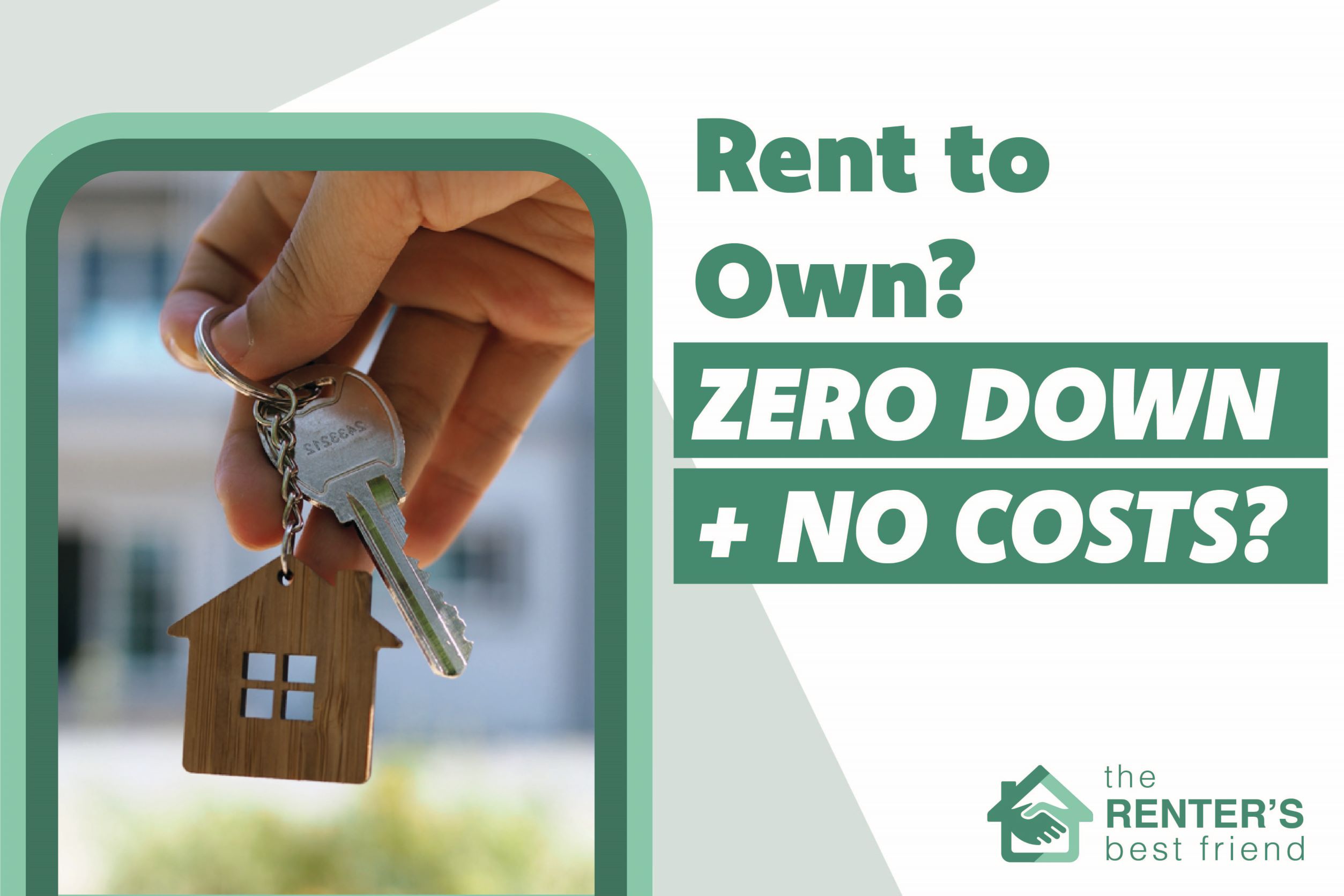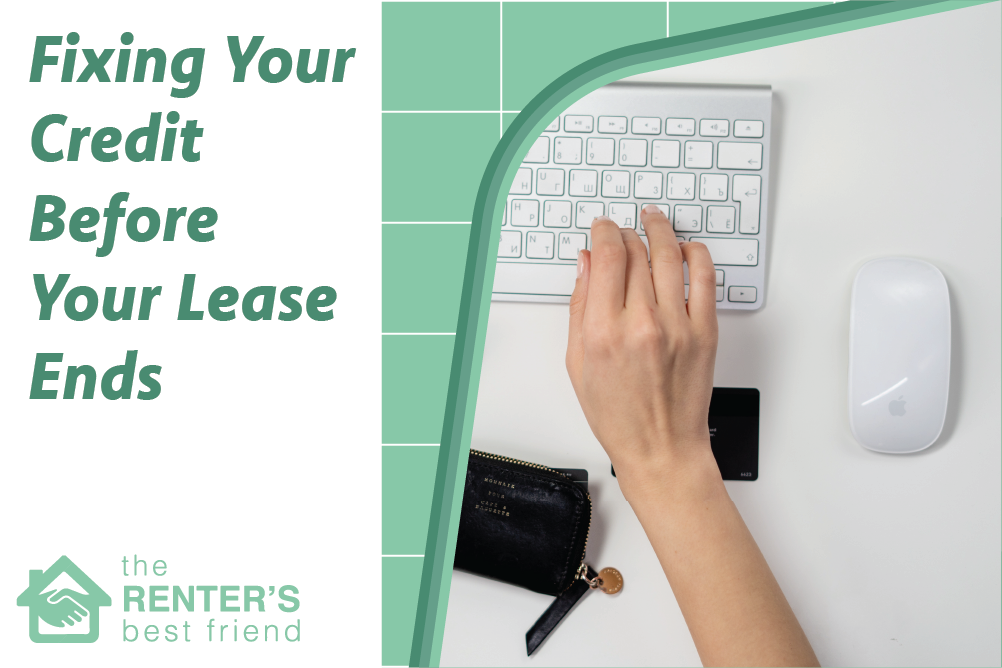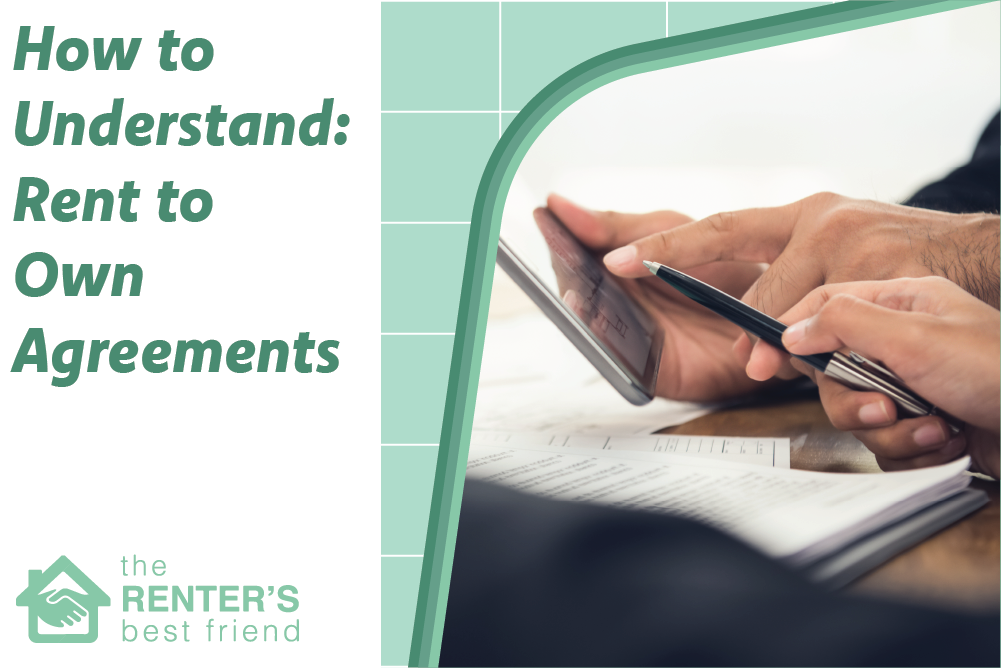Having poor credit can prevent you from accessing many aspects of life – such as renting the apartment you want, purchasing a new car, or buying the home of your dreams. Lenders and landlords alike all look to your credit score to determine how risky it might be to enter into a contract with you. This number gives them an idea of how likely you will be to pay them fully and on time.
So, if you are thinking of moving when your lease is up, it only makes sense to raise this number to be as high as you can manage beforehand. Let’s dive in to cover some of the ways you can fix your credit.
1 – Check Your Credit
The best place to begin is to determine where you currently stand. You need to know the honest truth about your credit situation before you can begin to repair it. Your credit report is the information that has been reported by the creditors you have dealt with in the past (usually within the last 10 years). Not all creditors report to each of the three main credit bureaus, so you should check all three of them individually. You are entitled to one free copy of your credit report annually from each of these bureaus – Equifax, Experian, and TransUnion.
Your credit score is calculated using the information contained within your credit report. Checking your credit score is free through a variety of credit scoring websites and most credit card providers. This kind of check against your credit only counts as a soft credit inquiry, which will not damage your score, so you should consider taking a peek about once a month.
2 – Dispute Errors
Nearly 25% of people reportedly have errors listed on their credit reports. The truth is that, given the sheer amount of data coming in, even credit bureaus make mistakes. If knowing where you stand as far as your credit report and score are concerned is your first step to fixing your credit, this is a very close second.
Check your annual reports from all three bureaus for any mistakes or incorrect information. If you find anything amiss, such as a delinquent account that you know you paid off, then you should file a dispute with that credit bureau. Make sure to go through the proper channels and submit any proof that you have to support your claim. But when you file a dispute, that bureau must open an investigation into the account in question and, if found to be incorrect, they must remove it from your report.
3 – Pay On Time… Yes, Always
Now that you have determined where you stand and have worked to get rid of erroneous entries on your credit report, now it is time to discuss the actionable steps you need to develop to build your credit back up to a healthier place. Our first step is the most crucial in this endeavor – pay your bills on time.
Payment history comprises 35% of your overall credit score, which makes it the weightiest consideration. It can be difficult to remember what you need to pay and when, but most creditors and providers nowadays offer autopay options. If you cannot set up autopay, then pay the bill as soon as they arrive. And if you cannot afford to pay your bill, you should immediately contact that creditor and try to work out a payment plan.
4 – Keep Your Utilization Low
Another big hitter on your credit report is your credit utilization ratio, which is the comparison between your credit card balances and your overall credit card limit. This ratio is used to help determine how well you tend to manage your finances. If your ratio is 30% or higher, you will likely be seen as too risky. In order to calculate this yourself, simply take the debt you carry of unpaid balances and divide that number by your total credit limit across all cards you have open.
5 – Pay On Your Other Debts
Outstanding debt is another thing that can lower your credit score. Paying them off will help not only by lowering your credit utilization ratio but will improve your payment history as well. The three most common methods of repaying credit card debt are credit consolidation, debt avalanche, or the snowball method. Make sure that you look into the specifics of each of these approaches before making the call on how to proceed. Do your research here.
Credit consolidation means you essentially sell your collective debt to one creditor, meaning you only need to make one monthly payment to pay down all of that debt. Check the fine print though, because many of these services charge an interest rate that may see you paying much more than you would be paying these accounts down individually.
The debt avalanche method simply focuses on beginning repayment with the highest interest cards, which reduces the overall amount of interest that you pay in the end. The snowball method focuses on beginning with the smallest balances, which may give you a feeling of accomplishment with each balance you pay off.
6 – Don’t Close Your Current Credit Cards
Once you have managed to pay off an old credit card, you might think it best to close it out in order to be done with it. You should reconsider doing so, however. Credit history is another big factor in calculating your credit score; 15% to be precise. Lenders like to see credit lines with more age on them.
If your credit card issuer charges an annual fee, however, it could be worth it to go ahead and close it out anyways. The provider may also close out the card if a certain period of time elapses without any activity on that account.
7 – Avoid Taking Out Additional Credit
Every time that you apply for a new line of credit, the lender you are applying with runs a credit check. This constitutes a hard inquiry against your credit and will likely drop your score temporarily by a few points. This also lowers your overall account age which may lower your score even further. Unless you truly need it, avoid applying for new lines of credit.
Credit Repair Services
There are companies who will work to fix your credit on your behalf, but the simple truth is that you will be paying them for convenience and time. There isn’t any avenue to credit repair that they have access to that is not also available to you. This method may still be a good choice for you, but make certain that you compare how much you will spend against how much it might save you in the long run. Non-profit credit counselors are also available to provide you with credit help.
How Long Will This Take?
Unfortunately, repairing your credit isn’t an overnight process. At the earliest, you are looking at weeks or months. At the longest, you may be looking at years. Getting results to show up on your credit report is slow and is more about changing your mindset and habits than it is about immediate solutions. But if you follow these simple tips, you will see change as you build a solid foundation for your financial future.














